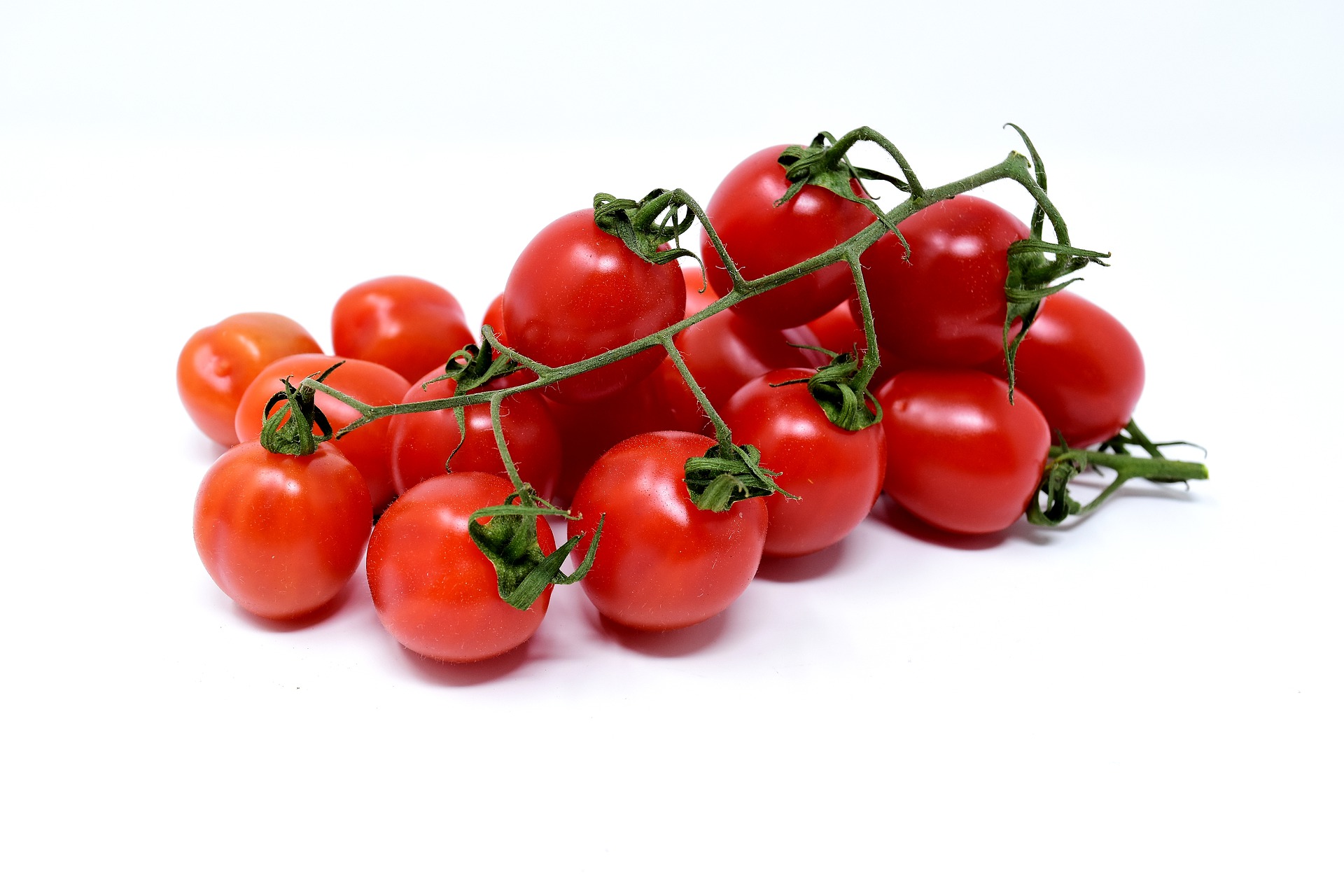Plant-based and vegan diets have become buzzwords when it comes to healthy eating. The problem is that most people think they are the same. Nothing could be far from the truth.
Did you know that plant-based diet and vegan diet mean two totally different things? It’s all because people can’t agree on just what is plant-based diet. To some, it means including a few plant products and proteins into your daily diet without totally getting rid of animal products. Plant-based, therefore, can mean increasing your intake of fruits, vegetables, grains, nuts, and seeds even as you reduce animal products such as meat and milk. It can also mean completely removing some animal products from your diet. Tips To Become a Vegetarian or Vegan
Vegan, on the other hand, is not that confusing. In vegan, all animal products are excluded. As such, they tend to be stricter than plant-based diets, leaving very little room for interpretation. For many, plant-based diets simply mean going meat-free while retaining dairy. But that doesn’t prevent the rest from including some meat while putting the focus on plant-based foods. Given the foregoing, plant-based diets are not clear-cut but leave a few grey areas.
Do these diets have any benefits?
The benefits of plant-based and vegan diets are almost similar. According to research findings, plant-based diets have been found to have the ability to reduce obesity, heart disease, and diabetes. Sticking to plant-based diets can also drastically reduce the risk of contracting breast cancer.
When it comes to vegan, not all products labeled as such are good for you. In recent times, there has been an explosion of junk-food that’s claimed to be free of animal products. Talk about burgers, ice creams, and candies. Just like the one with animal foods, vegan junk food is unhealthy and can cause chronic diseases.
However, if you are taking whole meal vegan food, then you are on the right track to having a healthy life. Avoid processed foods as much as possible. After all, there are no foods that are healthier than seeds, nuts, grains, vegetables, legumes, fruits, and vegetable oils. You wouldn’t find a better source of vitamins, healthy fats, minerals, proteins, fibers, and water. Whether you choose a plant-based or vegan diet, make sure you know what works for you.
While whole food vegan diets are not bad, they might not give you all the nutrients you need. Some nutrients such as heme iron, vitamin B12, and vitamin D3 can only be found in animal foods like meat, eggs, and dairy. That’s why a plant-based diet seems to be the better option between the two. You get all the benefits of eating more plants as you incorporate some animal products in your diet, albeit on a small scale. If you choose to stick with a vegan diet, you may have to supplement the missing nutrients.
But don’t get discouraged. If you are on a vegan diet for ethical reasons, keep going. If it is mainly for nutritional reasons, having a plant-based diet is the better option.

